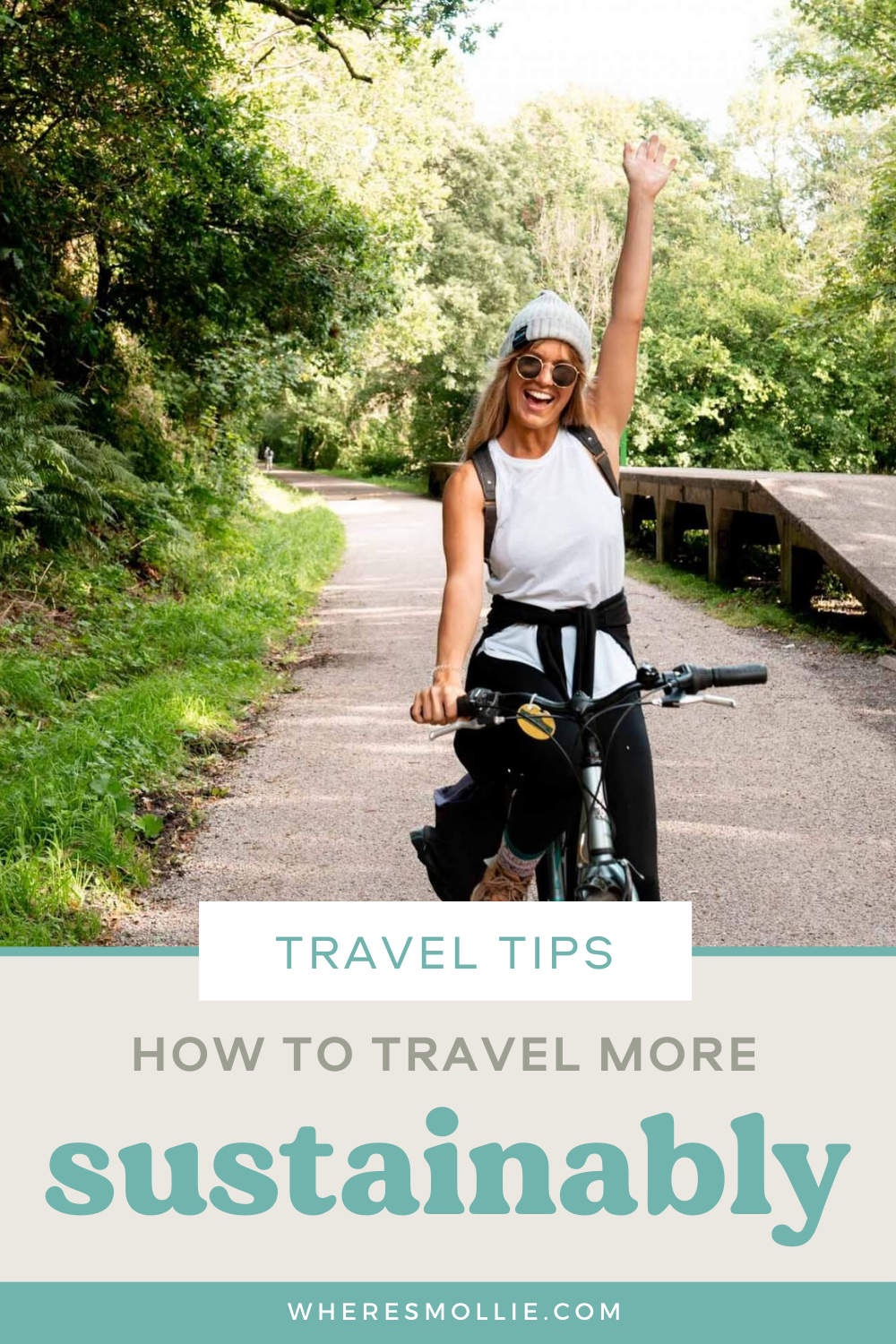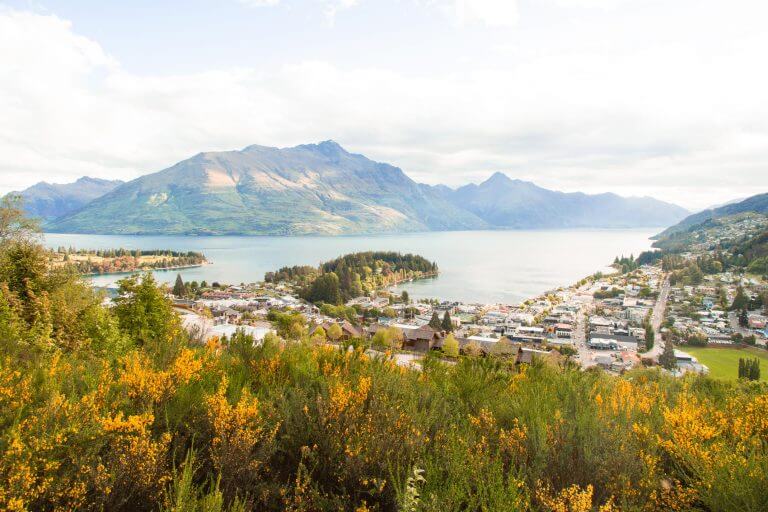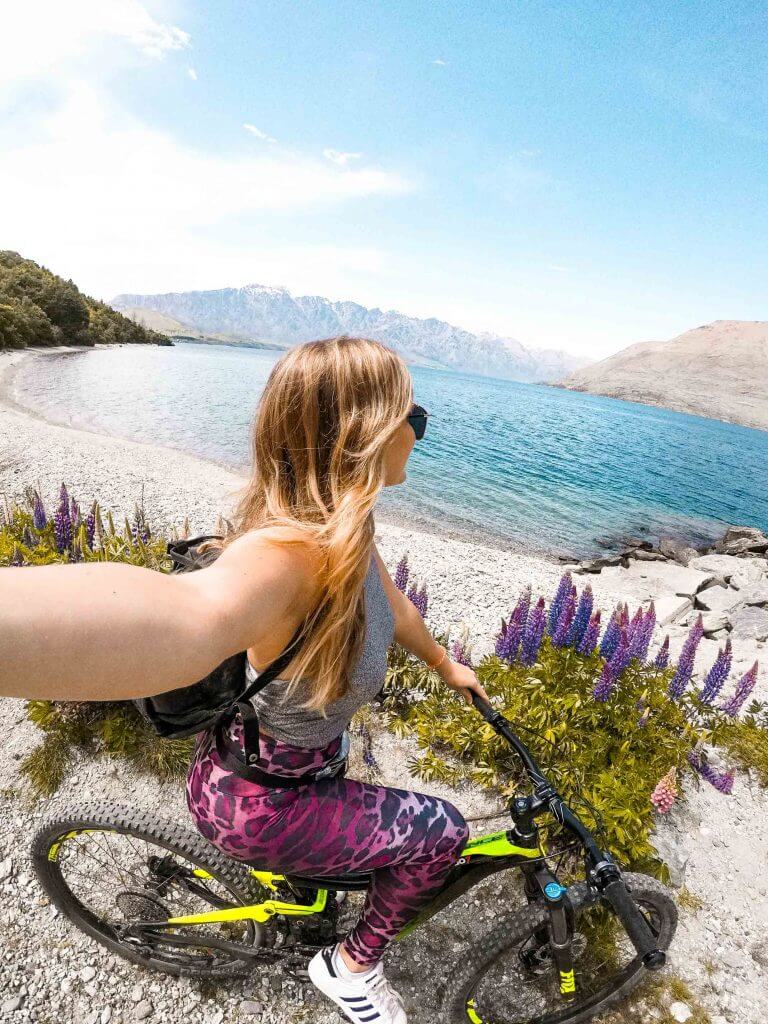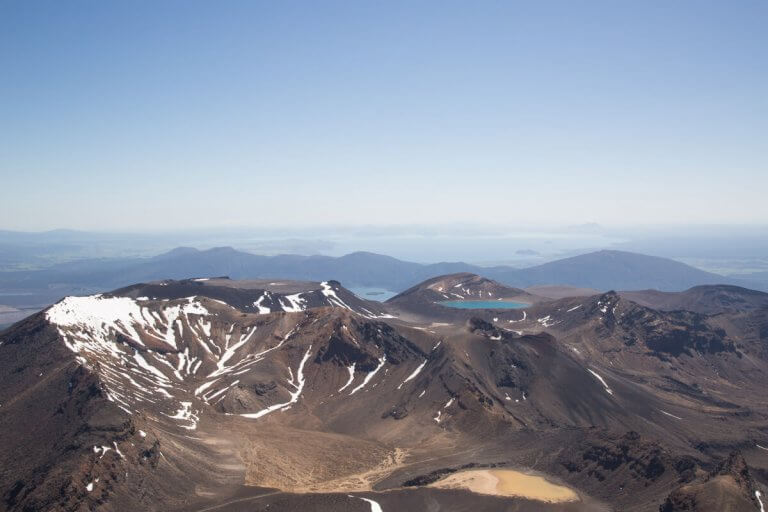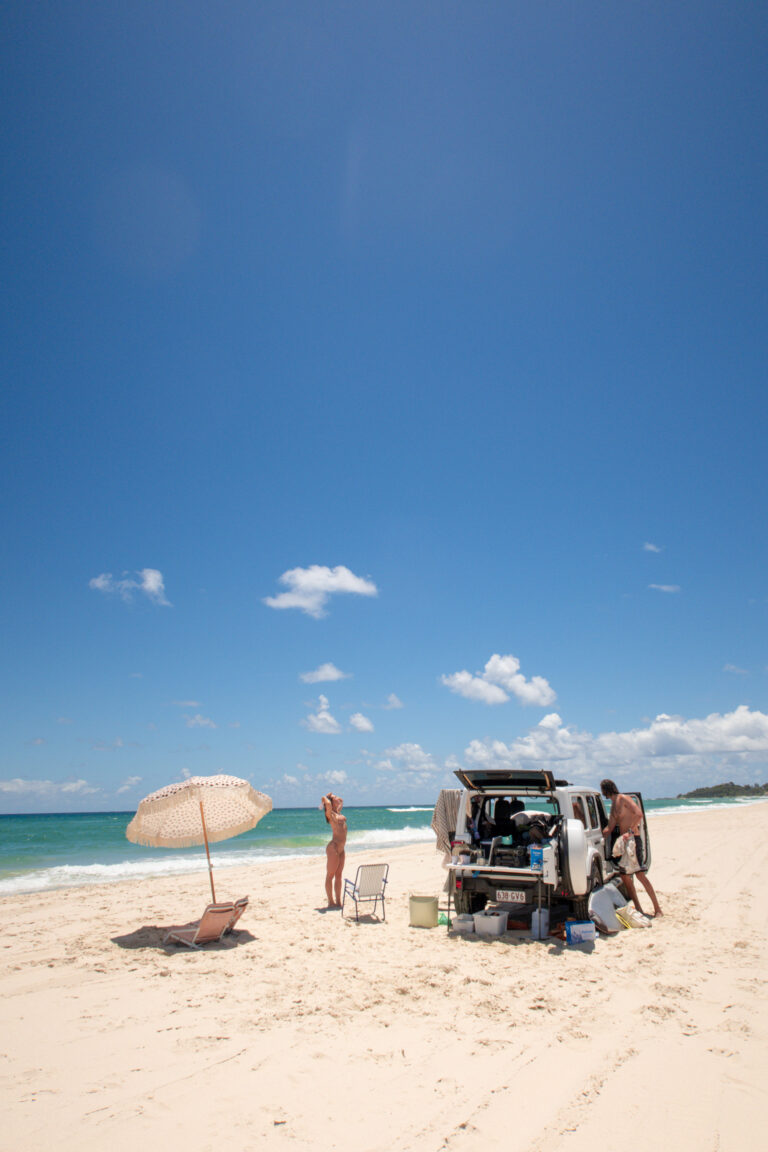15 top tips for sustainable travel
Have you ever wondered about sustainable travel and how you can help make small positive changes to help our environment?
There’s no doubt that travelling can impact the environment, but I believe with small positive changes come huge positive impacts. Every day more and more travellers are becoming increasingly aware and conscious of the planet around us. It’s important to know how to travel sustainably: how to enjoy the world but keep the beaches and oceans clean, air clear, forests lush and local businesses afloat.
This year I decided to make a conscious effort to change little things about the way I travel to make it eco-friendlier and more sustainable. And by the sounds of things, lots of you have been making the effort too! Whether you’ve been making sustainable swaps, buying eco-friendly gifts for travellers, reducing your carbon footprint or offsetting your carbon emissions, taking part in a beach clean… every move you make towards sustainable travel helps protect our environment so we can continue to enjoy its beauty.
15 top tips for sustainable travel…
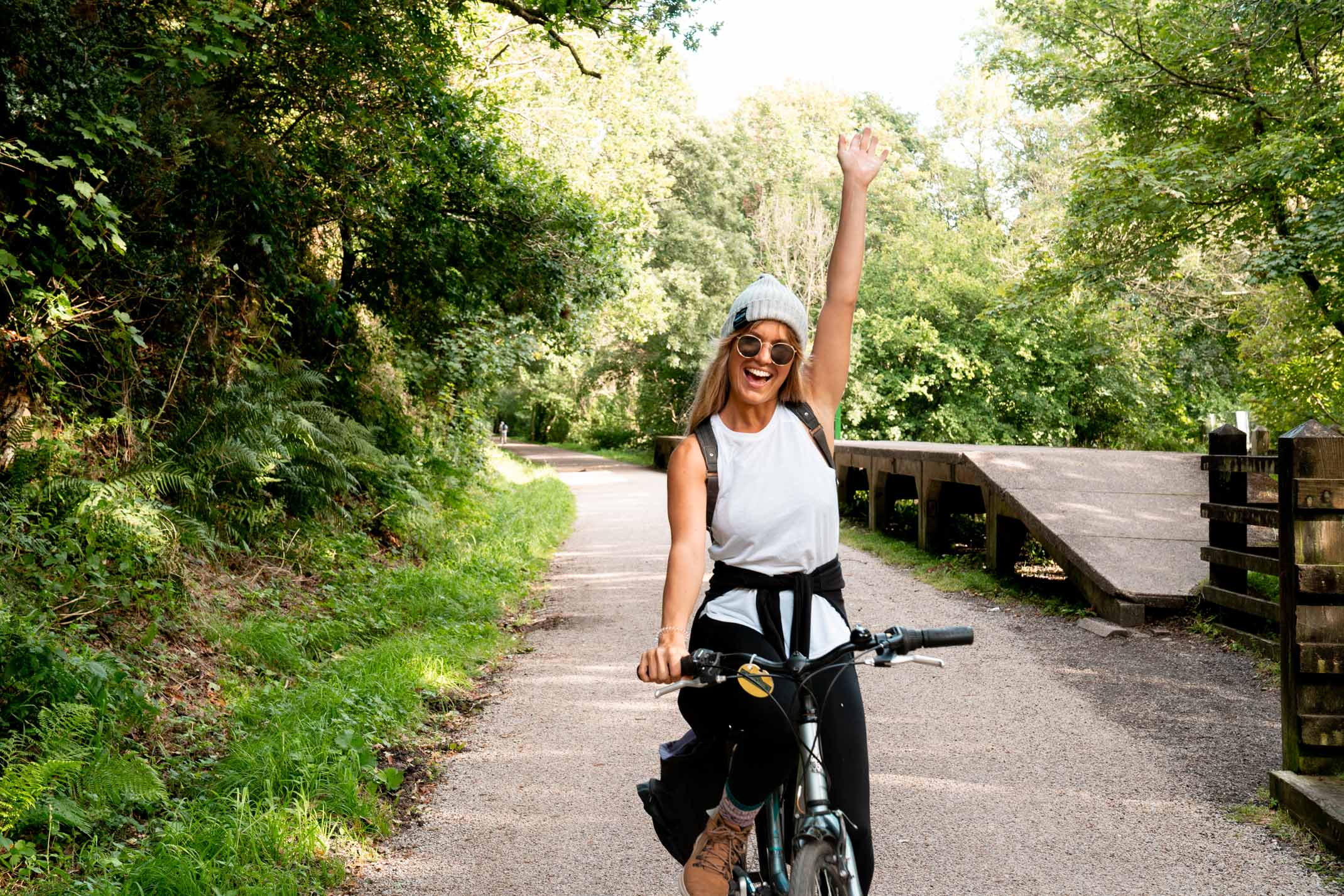
Before you leave…
1. Unplug everything.
Ok, so if you’re only going away for a weekend then maybe not everything (perhaps leave on the bare essentials such as your fridge and freezer – although if you’re away for a long time, include those too!), but check you’ve unplugged chargers, TVs and other appliances to save some energy.
2. Turn your heating down.
Turn your heating/thermostat down to around 10 degrees C (obviously off would be ideal, and you can do in summer, but if you do this in winter your pipes will freeze!)
3. Don’t print – use the app.
If you can (not every airline allows it), put your boarding pass on an app on your phone, rather than printing it to throw it away. If you do print it, put it in a scrapbook so it’s not wasted!
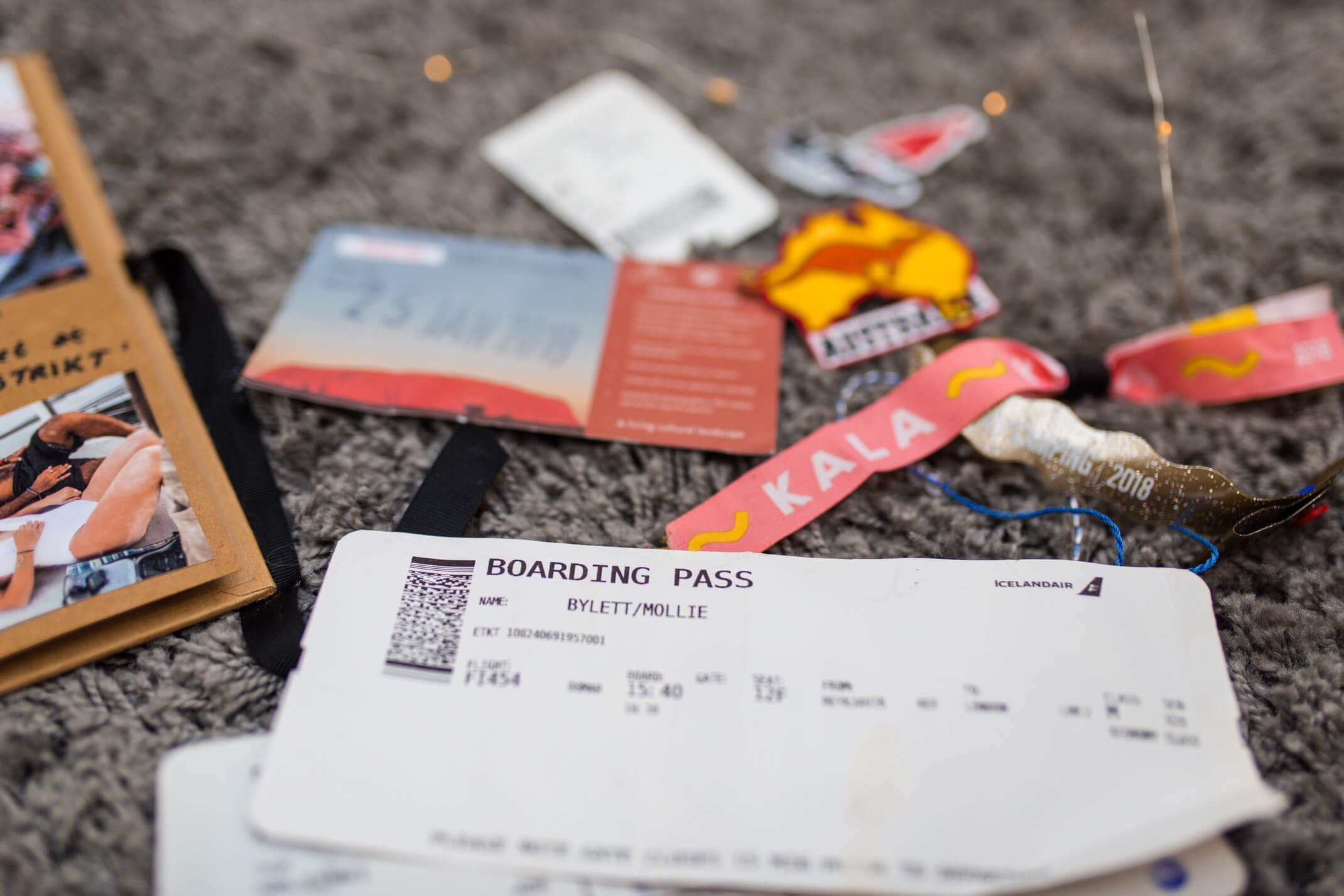
For apps you must put on your phone before your next trip, check out this blog post.
Planning sustainable transport…
Flying is one of the most damaging things for the planet. Sometimes we have no other choice, however, there are ways to decrease your carbon footprint and travel more consciously.
4. Choose alternative transport.
Take a bus or train instead, or cycle or walk. Totally worth the extra few hours and you get some epic views!
You can also car share – a great way to make new friends, cut your carbon emissions and save some money!
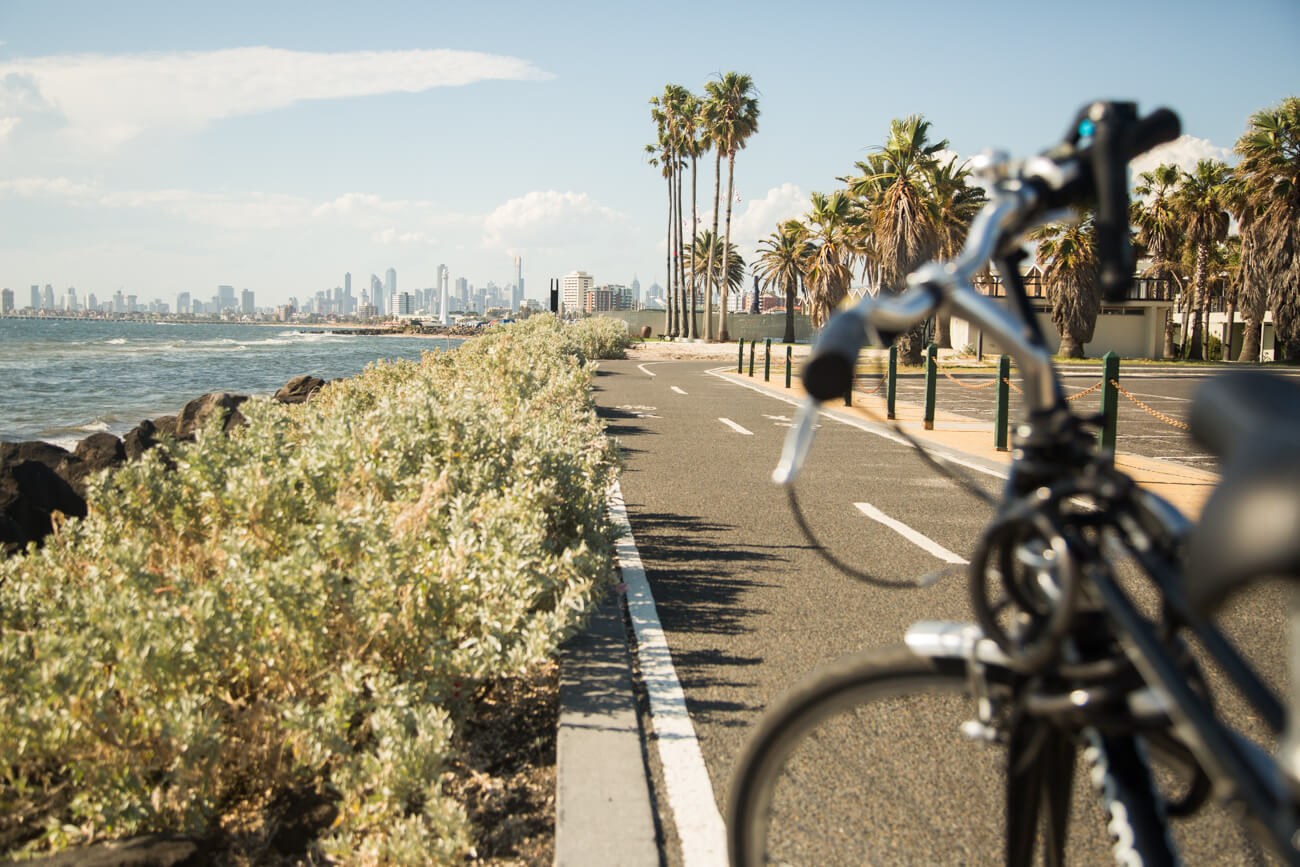
For advice on travelling on a budget, check out these top tips!
5. Electric cars.
If you rent a car for a road trip, rent an electric car. A little bit of research to find an electric car rental will keep your wallet full and the planet green!
6. Start carbon offsetting.
“Put simply, offsetting means buying carbon credits equivalent to your carbon impact. This means you compensate for every tonne of CO2 you emit by ensuring there is one tonne less in the atmosphere.”
We should all be taking responsibility for our CO2 emissions. Choosing to work with companies such as ClimateCare results in you supporting some of the most effective and powerful sustainable development projects on the planet. Lots of travel bloggers (including me!) have started doing this, and you can too. It’s also a lot cheaper to do than you think – for example, my recent return trip from London to Berlin cost me £2.35 to offset.
7. Compare airlines and their fuel emissions.
Airlines like TUI, Norwegian and Thomas Cook, and over the pond, Alaska airlines and Continental Airlines, make the conscious effort to ensure a high in-use fuel efficiency score compared to other airlines. With that extra bit of effort these airlines ensure optimum carbon emission efficiency. Companies such as EasyJet have also promised to reduce carbon emissions significantly in the next 3 years. Try to choose an airline that has already reduced, or is trying to reduce, emissions.
Check out my top tips for planning your next trip here.
Finding sustainable accommodation…
8. Stay in eco-friendly hotels and hostels.
These “eco-hotels” or “green hotels” offer environmentally friendly accommodation. They’ve taken steps to ensure that they implement green living practices that are non-toxic and safer for humans and the planet.
Some eco-friendly features of a “green hotel” include:
- water conservation – low flow water and low flow showers
- energy saving – longer lasting energy durable LED light bulbs, using renewable energy sources
- sustainable food – locally grown produce from local farmers, hormone free meats and dairy products, reusable dishes and kitchen utensils
Check out my beginner’s guide to staying in a hostel, including all my top tips for hostel life!
Packing…
9. Reduce plastic consumption – pack reusable items.
- Coffee cups & water bottles: I always travel with my keep cup no matter where I go. It can be hard to remember at first but once it becomes a habit it becomes second nature to grab and go.
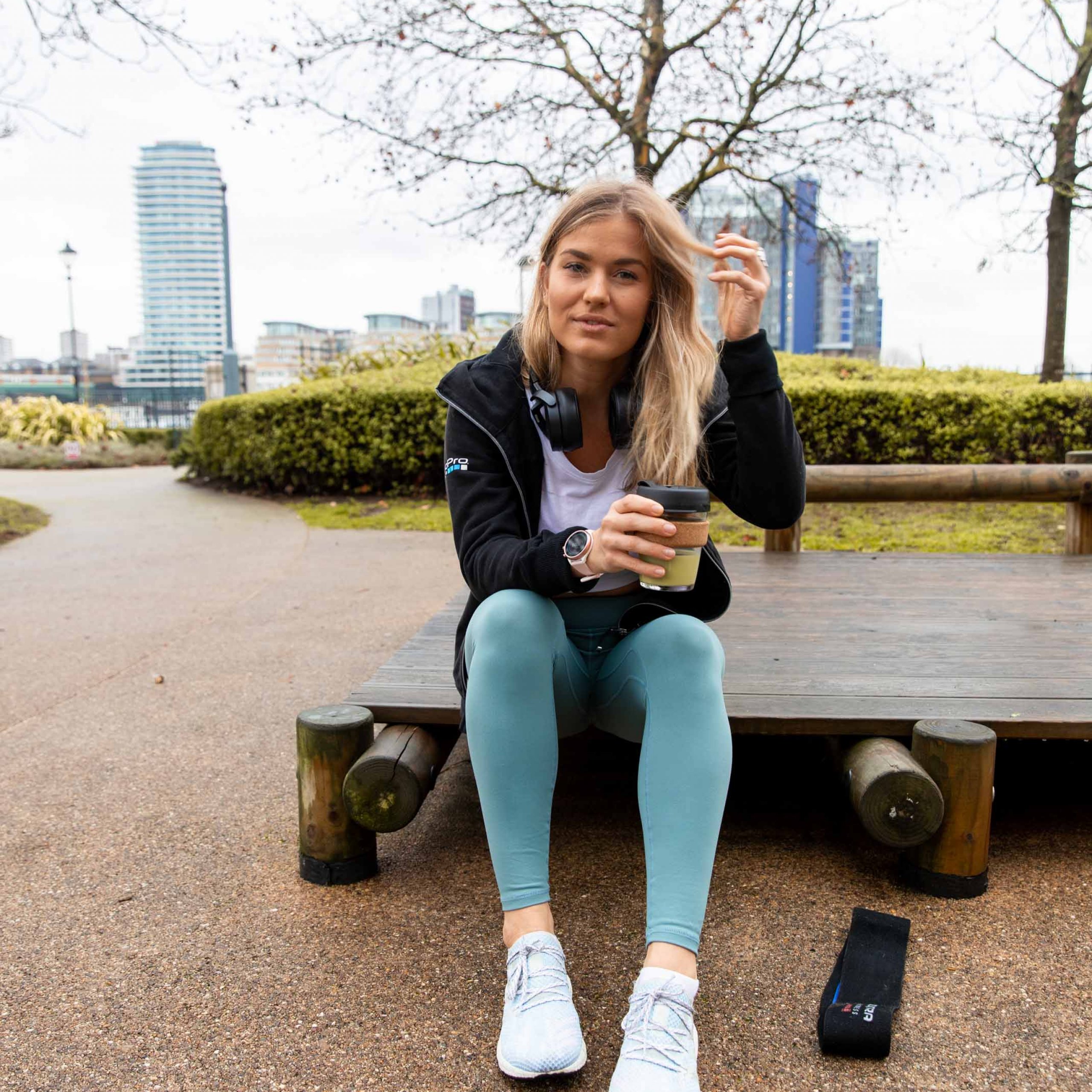
I took my keep cup and water bottle on the plane to Australia and I genuinely lost count of just how many single use water bottles, coffee cups, tea cups, water sealed cup things, lids and more I didn’t use. That was just one person flying to Australia. It was actually insane. Get a keep cup and/or water bottle and observe in a day or week how much plastic you alone save. It’s mind blowing when you try scale how much plastic our planet gets through mindlessly!
Over 2.5 billion coffee cups are disposed of every year in the UK: enough to stretch around the planet 5 times! If we can help save the earth one cup of coffee at a time, then let’s do it!
What do you do when you can’t drink local water?
Before you reach your destination, research different cafes and restaurants that offer safe and free water bottle refills. Either Google sustainable cafes in these types of locations or download apps like the “Refill Bali app” that help you locate filling stations!
You can also get water purifying tablets – some taste funny, but try a few to see which works best for you.
Worst comes to worst, if you forget your reusable bottle, don’t forget you could buy one bottle and get it refilled.
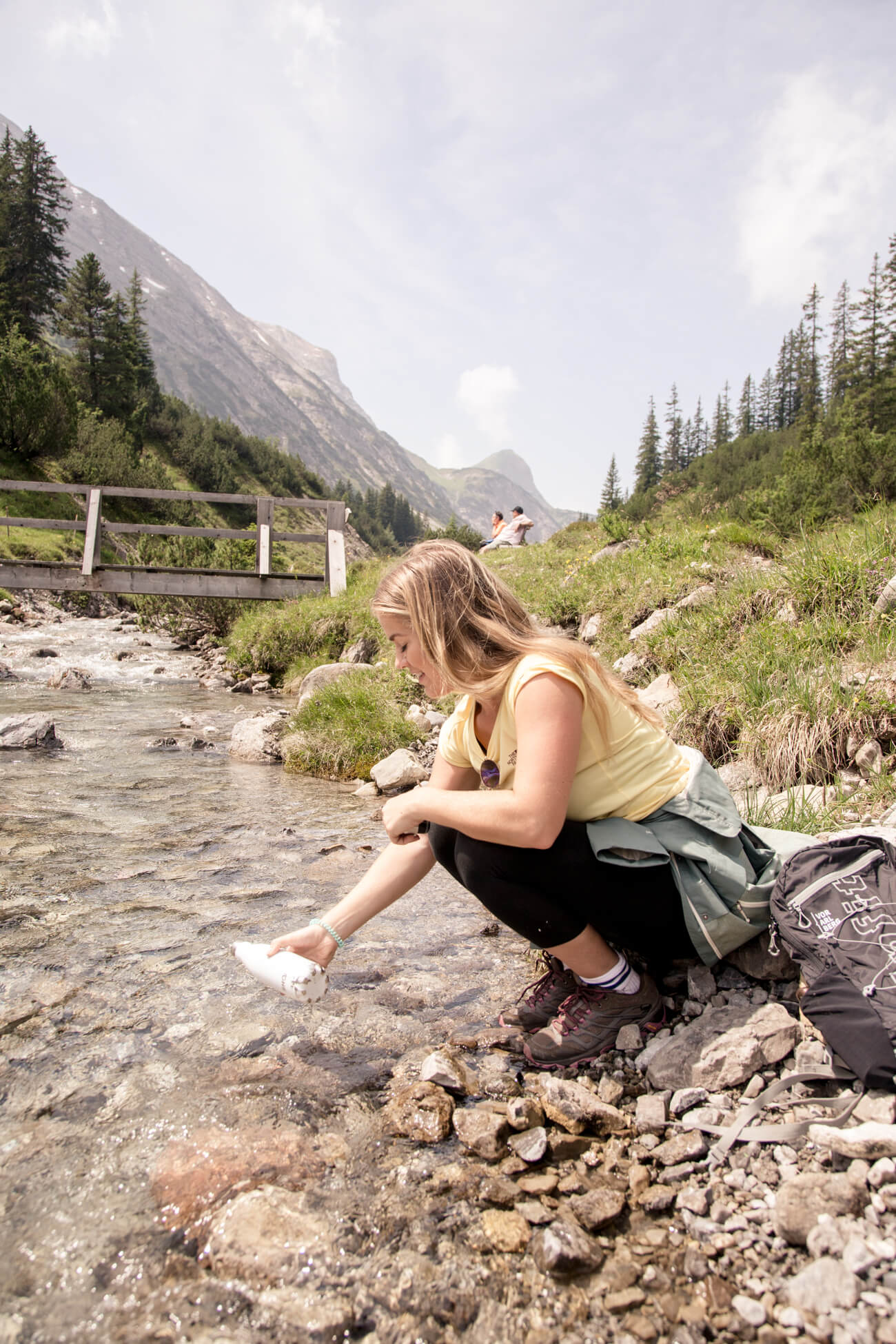
Other reusable items you could pack for your travels…
- Metal or silicone straws
- Collapsible tupperware for snacks on the go (rather than mini packs or extra cling film, sandwich bags or tin foil)
- Bamboo toothbrushes & cutlery
- Multi-use razors
- Menstrual cup
- Solid shampoos, conditioners and soaps.
- Refillable toiletries and cosmetics
Planning ahead is key to making more sustainable choices!
Looking for more sustainable travel swaps before your next adventure? Check out this post.
10. Swimwear made of recycled ocean plastic.
When buying new swimwear for your beach holiday, look for small businesses that have started making ethical swimwear, such as Stay Wild Swim, co-owned by my friend Zanna!

Looking for a sustainable gift to give someone before they go on their next trip? Check out this post.
On holiday…
11. Be more conscious when shopping for souvenirs.
- Only buy it if it means a lot to you or will add value to your life. Don’t buy something you forget about and ends up at the bottom of a drawer or in the bin – no waste!
- Buy souvenirs that support the local community – think local markets with local people that will have direct impact
- Buy things made from recycled and sustainable material
- Avoid purchasing animal products. Souvenirs that are made from ivory and other animal parts is supporting poachers and is increasing the risk of endangering certain species. If you are unsure, always ask the origin of the souvenir and how it’s been made.
- Instead of plastic ‘tat’, opt for more personalized keepsakes like beer mats from your favourite bar, tickets from a mindblowing landmark or boarding passes from your flight (if you print them)! The perfect way to reduce plastic consumption while adding to your scrapbook! See my post about making your own scrapbook here.
12. Join a beach clean and leave only footprints.
Beach clean ups can be such a fun and interactive way to meet new people while also leaving a positive impact on the area you were visiting. Local beach cleans can be found through tourism websites. For example, Bournemouth beach clean ups collect over 2,000 tonnes of rubbish, 45% of which is recyclable and organic material. Check out my weekend guide to Bournemouth here.
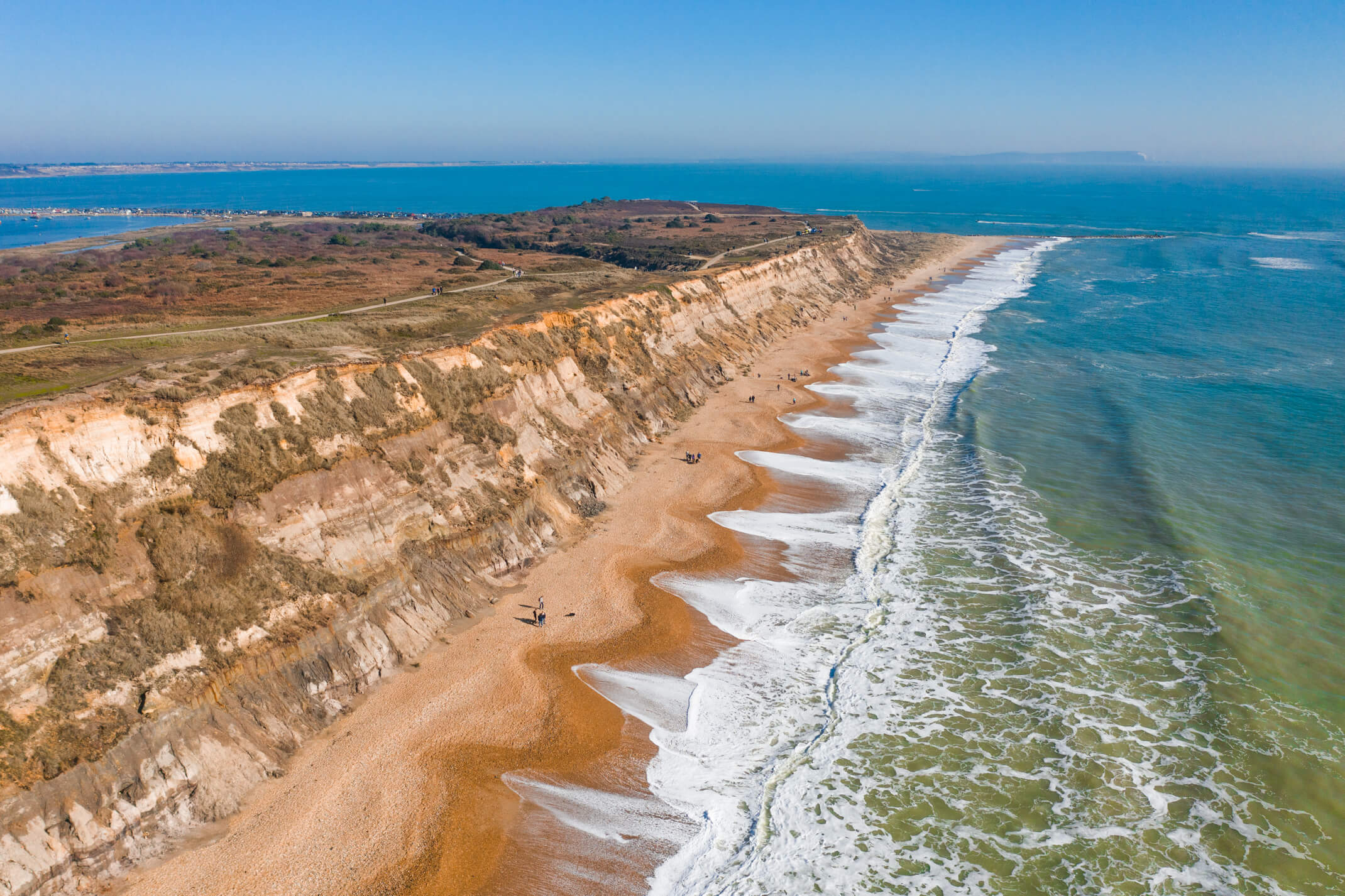
Check out the most beautiful beaches in Cornwall in this blog post.
13. Go to sustainable restaurants.
These are places that ensure they buy local and reduce their waste. A lot of these will be vegan or vegetarian restaurants (as reducing the amount of meat you eat is a big way to be more eco-friendly) but some will include restaurants that make sure they, for example, catch fish in a sustainable way.
14. Buy local.
Avoid Starbucks and go to an independent coffee shop and try something new! The same goes for restaurants and supermarket chains.

Here are my top tips for staying safe during solo travel.
15. Avoid anything that feels like exploitation.
A relatively well-known example would be elephant riding in Thailand. If you think it’s causing more damage, it’s best avoided!
Our planet provides us with some of the most spectacular views and resources and without it we wouldn’t get to experience some of the wonderful things it has to offer while we travel. This alone is enough reason as to why we should take care of it a little more and take the steps to ensure we engage in sustainable travel. Remember…
There is no planet B.
Thank you Global Travellers for all of your ideas!
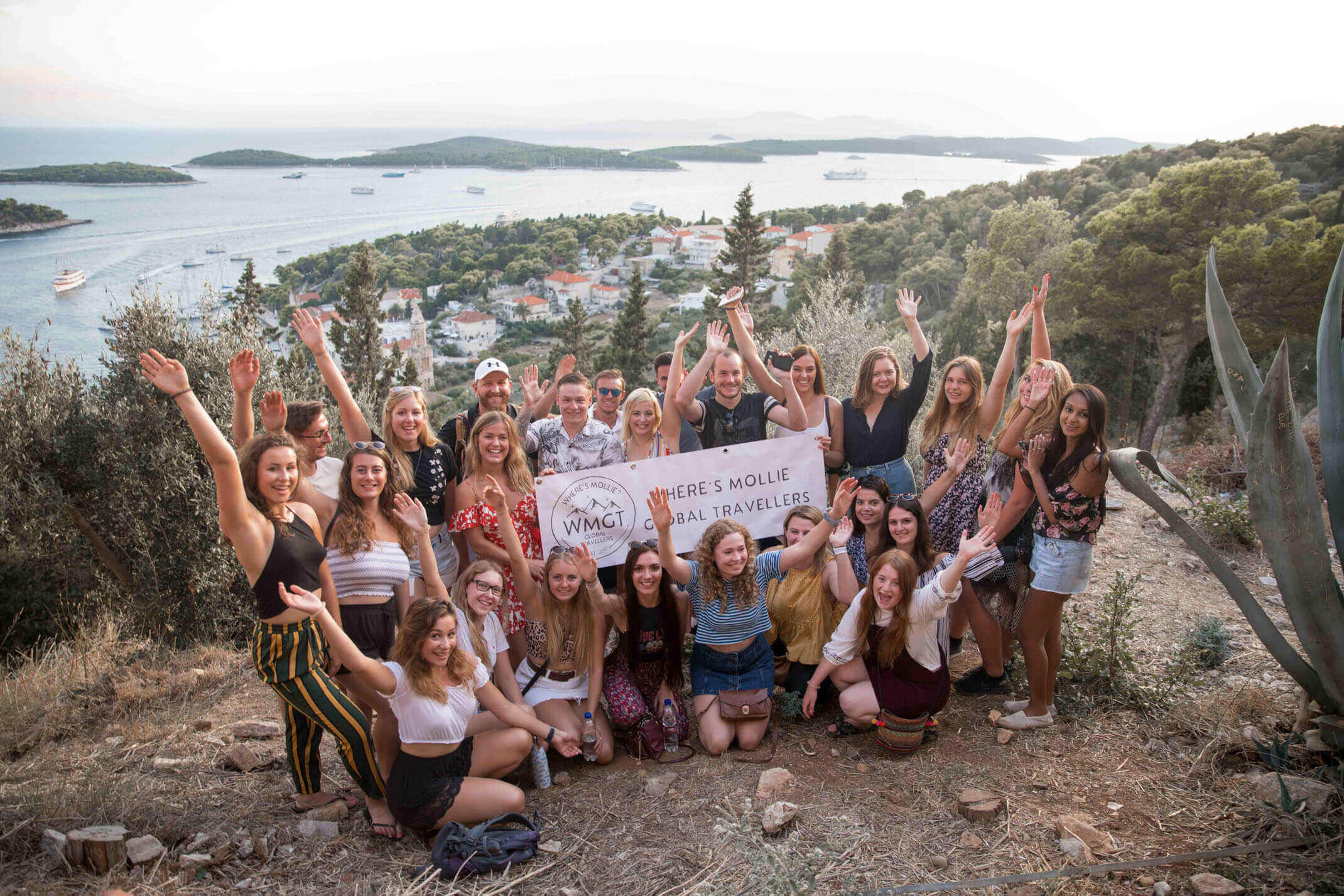
Global Travellers Hot Topics are an opportunity for us to discuss travel-related topics, ask and answer questions, and share links, tips and ideas so we can spread the travel love and get to know each other a little bit more! Get involved with the button below to join the Global Travellers family Facebook group and get chatting!
Check out all the Global Travellers Hot Topics here.
JOIN THE GLOBAL TRAVELLERS FAMILY HERE
What are your thoughts on sustainable travel?
What are you top tips for sustainable travel? I’d love to know!
Love as always + happy adventuring,
Mollie.
Did you find this post helpful? I’d love you to share it for me.
I can’t do this without you.
Pin and save this blog post for later…

